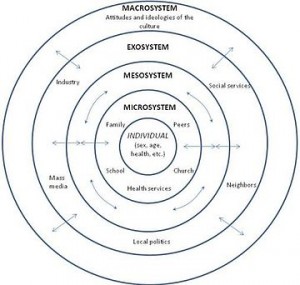
Writing is a gift that we can give ourselves. It is the documentation of a meditative process that helps clear the mind onto paper. Once our thoughts are out on paper we can take a step back and begin to sort and make sense of what we are thinking and feeling. To a full time working mom (ugh I sound so old) the act of writing, much like meditation can seem indulgent. Why would my thoughts matter when there is a pile of laundry to be done, lesson plans completed and meetings to attend. Why should my family suffer (yes I am being dramatic) because of my indulgence to write? Well, I think the first response from me to me is to get over myself. My purpose is not to satiate my family, nor is to save students from the hazards of an outdated educational system. My purpose, for now is to tell my story and make sense of how my story can inform my inquiry. My story is one of millions/billions of stories that can be told or not, it can create a ripple or not, it can make a difference or not. Shifting from my story to my inquiry has left me in a state of “between.” This state of “between” is the space that exists from my old self that was not opened up to my evolved self that continues to open up to new ideas, understandings and perspectives on how the world works. My reality changes with each conceptual or theoretical framework that I read, and my direction changes, although I have no idea where I am going.
I do know that I have spent the last 20 years working with students who have been classified as having a disability. I have come to see disability as a social construct. This idea that some can and some cannot has become unacceptable to me. The last 10 of the 20 years I have worked more specifically with students who have a diagnosis of autism. What I have learned from working with these students is that how we perceive the world matters. I can not just teach students content without knowing how they experience the world.

The work of Albert Bandura speaks to this need to understand how individuals organize, regulate and reflect (2001), “People are … not just reactive organisms shaped and shepherded by environmental events of inner forces. Human self-development, adaptation and change are embedded in social systems. Personal agency operates within a broad network of sociostructural influences. IN these agentic transactions, people are producers as well as products of social systems” (Bandura, 2001). So I am wondering the relevance of this statement for the students that I work with who have classic autism, that is students whose social and communication skills are distant to the norms? Is there an awareness of these networks of sociostructural influences and social systems?
